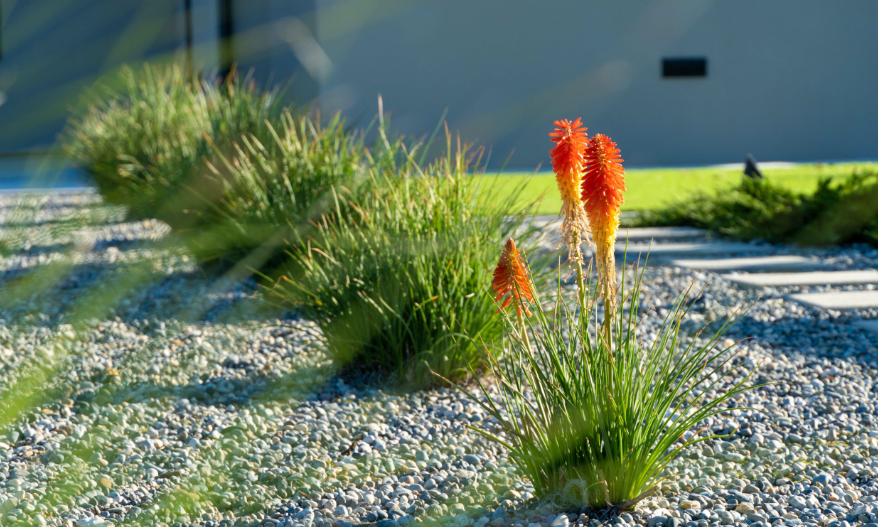For gardeners and landscapers, maintaining vibrant and healthy plants is a top priority. One effective method to achieve this is by using mulch on the Gold Coast. Mulching not only enhances the aesthetic appeal of gardens but also offers numerous benefits for plant health. This blog will explore the advantages of mulching, different types of mulch, and tips for proper application.
Benefits of Mulching
Moisture Retention
One of the primary benefits of mulching is its ability to retain moisture in the soil. The mulch layer acts as a barrier, reducing evaporation and keeping the soil consistently moist. This is particularly important on the Gold Coast, where the climate can be hot and dry.
Temperature Regulation
Mulch helps regulate soil temperature by providing insulation. During hot summer months, it keeps the soil cooler, protecting plant roots from extreme heat. Conversely, in cooler weather, mulch can help retain warmth in the soil, ensuring that plants remain healthy.
Weed Suppression
Weeds compete with plants for nutrients, water, and sunlight. A thick layer of mulch inhibits weed growth by blocking sunlight and preventing weed seeds from germinating. This reduces the need for chemical weed killers and manual weeding, making garden maintenance easier and more environmentally friendly.
Soil Improvement
Organic mulches, such as bark, wood chips, and compost, gradually decompose and enrich the soil with essential nutrients. This decomposition process improves soil structure, promotes beneficial microbial activity, and enhances overall soil fertility. Healthier soil means healthier plants, capable of robust growth and resilience.
Types of Mulch
Organic Mulch
Organic mulch includes materials like wood chips, bark, straw, and compost. These materials not only provide the benefits mentioned above but also add organic matter to the soil as they break down. Organic mulch is ideal for gardeners looking to improve soil health and sustainability.
Inorganic Mulch
Inorganic mulch options include stones, gravel, and synthetic materials like landscape fabric. While they do not decompose and enrich the soil, they are effective at weed suppression and moisture retention. Inorganic mulches are low maintenance and long-lasting, making them suitable for decorative purposes and areas with minimal planting.
Applying Mulch Effectively
When applying Gold Coast mulch, follow these tips for optimal results:
- Thickness: Apply mulch in a layer 5-10 centimetres thick. Too thin, and it won’t effectively retain moisture or suppress weeds. Too thick, and it can suffocate plant roots.
- Avoid the Trunk: Keep mulch away from the base of tree trunks and plant stems to prevent rot and pest issues.
- Refresh Regularly: Organic mulch should be replenished annually to maintain its effectiveness as it decomposes over time.
Conclusion
Using mulch on the Gold Coast is an excellent strategy for maximising plant health. It offers numerous benefits, including moisture retention, temperature regulation, weed suppression, and soil improvement. Whether you choose organic or inorganic mulch, proper application is key to reaping these benefits.

